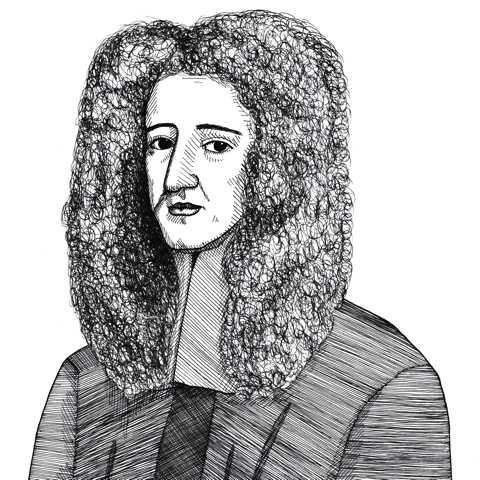
Shaftesbury on the need for liberty to promote the liberal arts (1712)
Found in: Characteristicks of Men, Manners, Opinions, Times, vol. 3
Anthony Ashley Cooper, the Third Earl of Shaftesbury (1671-1713) believed that liberty played the key role in fostering the development of the liberal arts and sciences and that the government should leave things alone and not disturb the “Genius of Liberty”:
Politics & Liberty
[W]ithout a Publick Voice, knowingly guided and directed, there is nothing which can raise a true Ambition in the Artist; nothing which can exalt the Genius of the Workman, or make him emulous of after-Fame, and of the approbation of his Country, and of Posterity. For with these he naturally, as a Freeman, must take part: in these he has a passionate Concern, and Interest, rais’d in him by the same Genius of Liberty, the same Laws and Government, by which his Property, and the Rewards of his Pains and Industry are secur’d to him, and to his Generation after him.
Every thing co-operates, in such a State, towards the Improvement of Art and Science. And for the designing Arts in particular, such as Architecture, Painting, and Statuary, they are in a manner link’d together. The Taste of one kind brings necessarily that of the others along with it. When the free Spirit of a Nation turns it-self this way, Judgments are form’d; Criticks arise; the publick Eye and Ear improve; a right Taste prevails, and in a manner forces its way. Nothing is so improving, nothing so natural, so con-genial to the liberal Arts, as that reigning Liberty and high Spirit of a People, which from the Habit of judging in the highest Matters for themselves, makes ’em freely judg of other Subjects, and enter thorowly into the Characters as well of Men and Manners, as of the Products or Works of Men, in Art and Science…
What Encouragement our higher Powers may think fit to give these growing Arts, I will not pretend to guess. This I know, that ’tis so much for their advantage and Interest to make themselves the chief Partys in the Cause, that I wish no Court or Ministry, besides a truly virtuous and wise one, may ever concern themselves in the Affair. For shou’d they do so, they wou’d in reality do more harm than good; since ’tis not the Nature of a Court (such as Courts generally are) to improve, but rather corrupt a Taste.